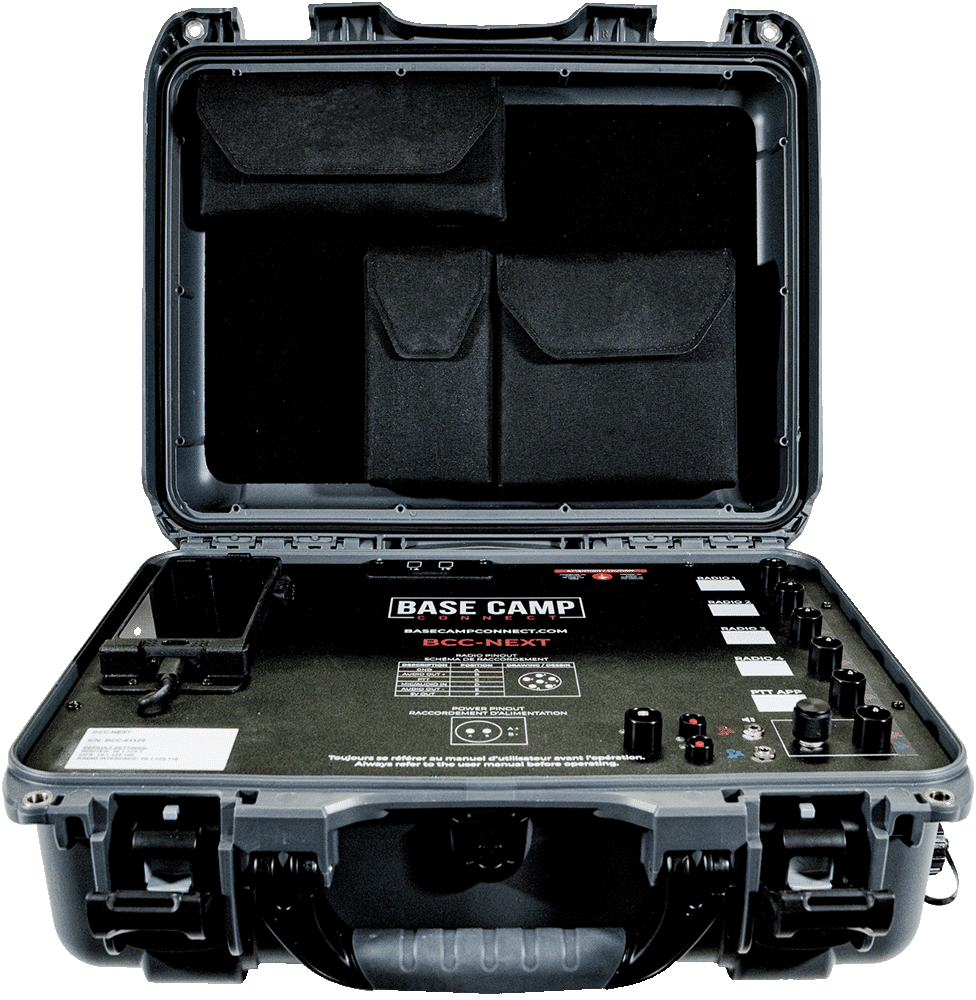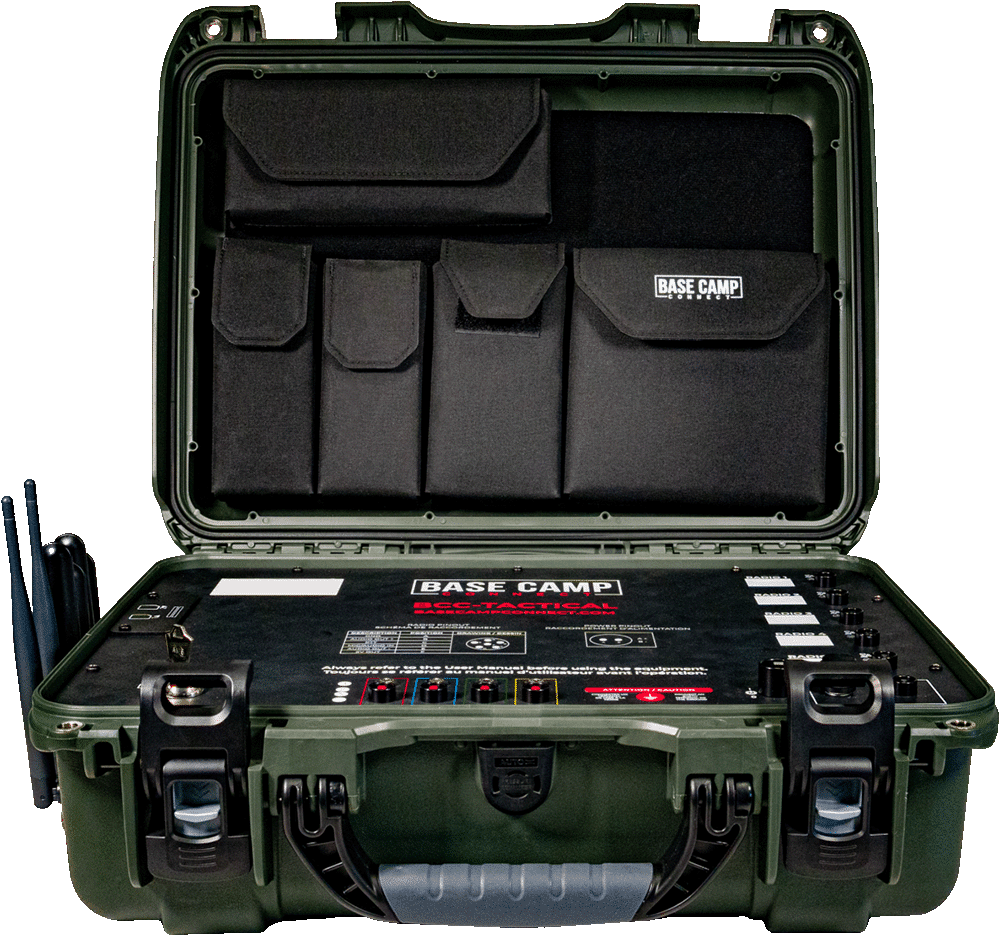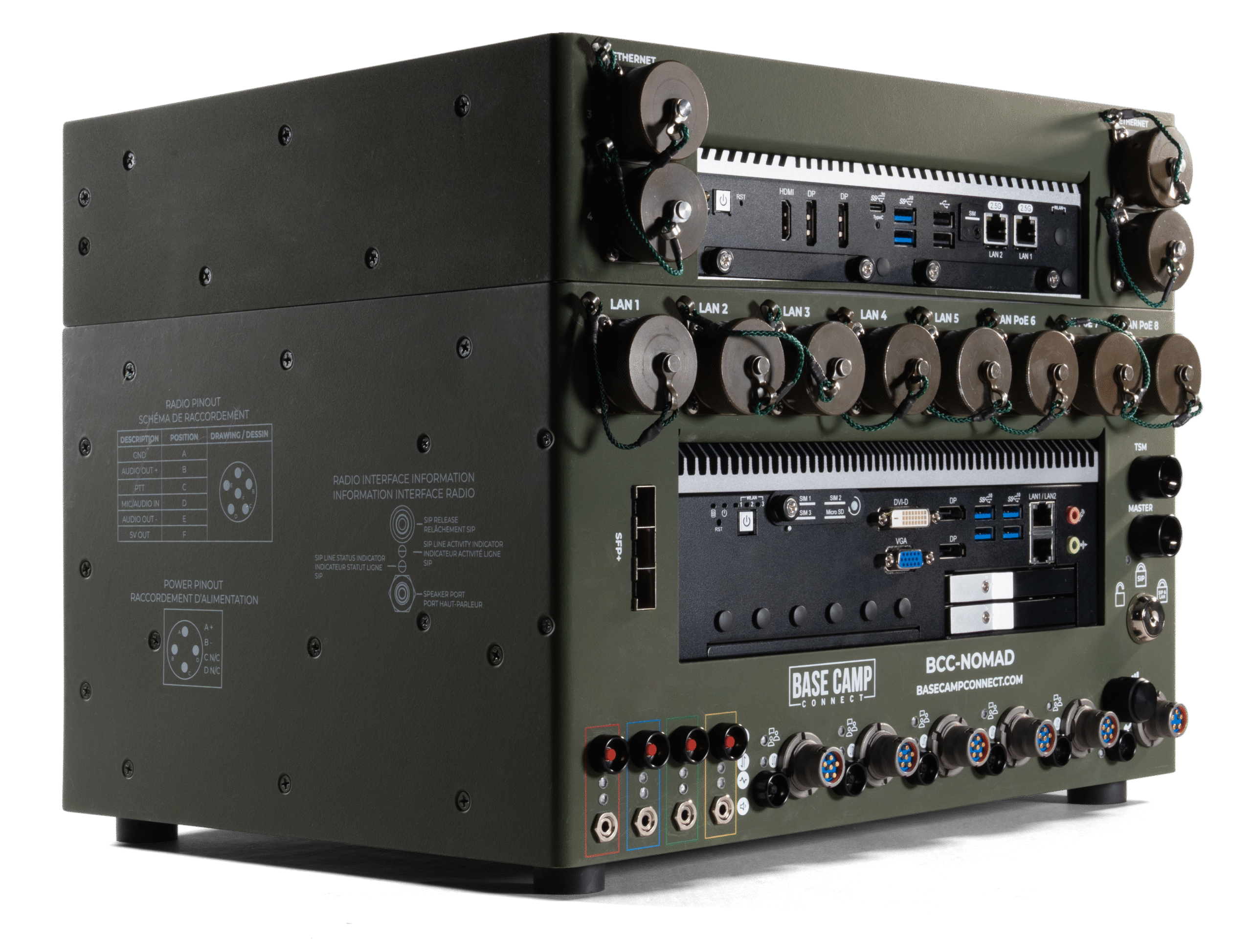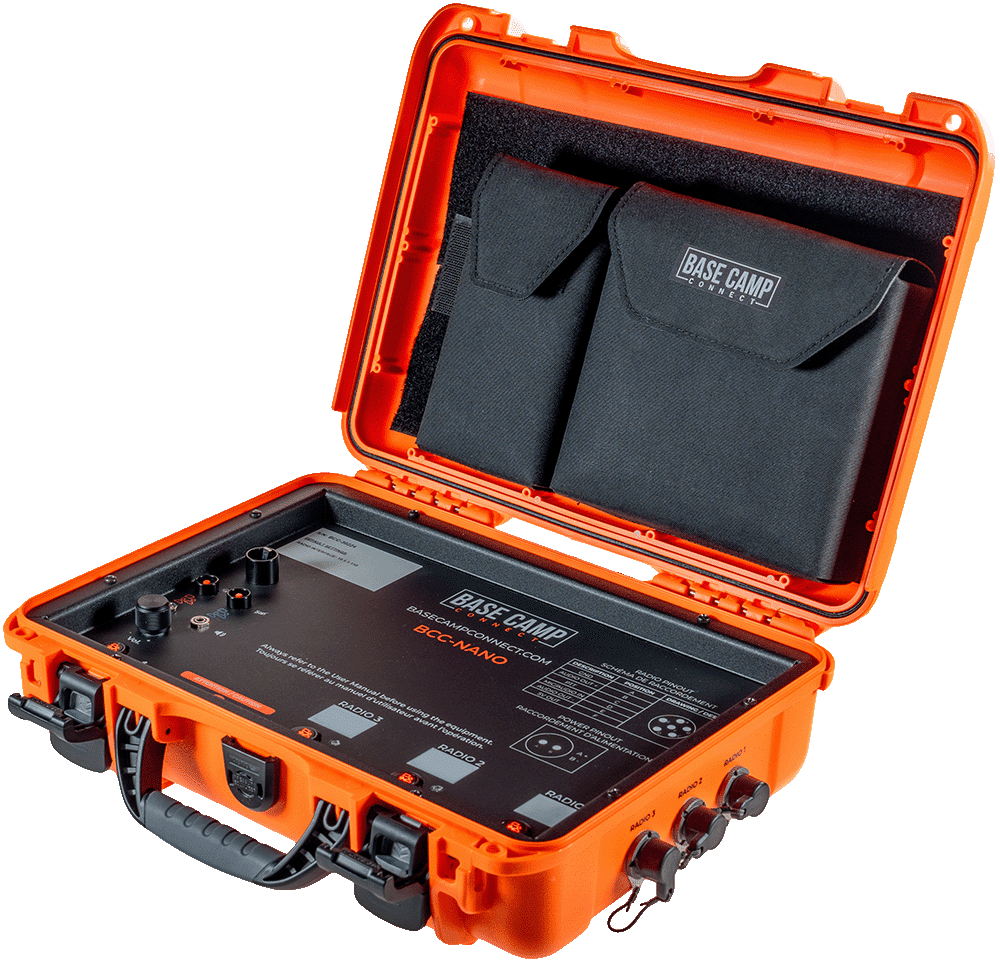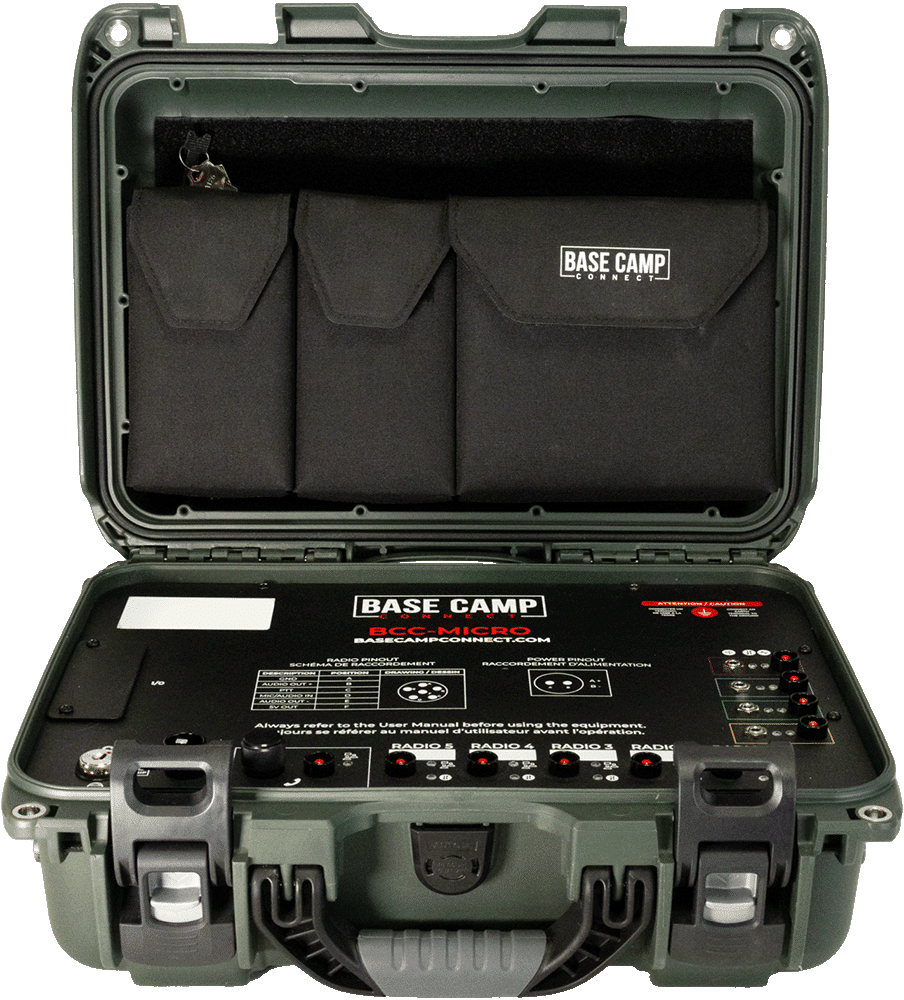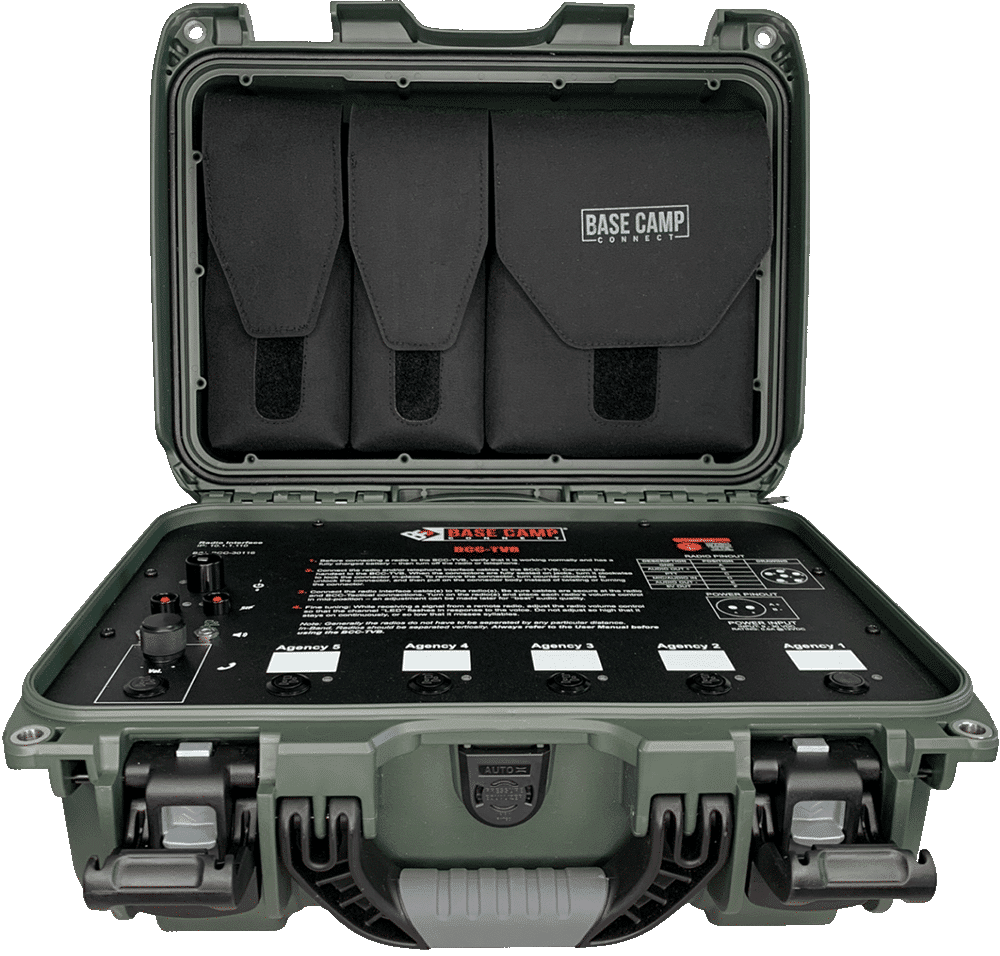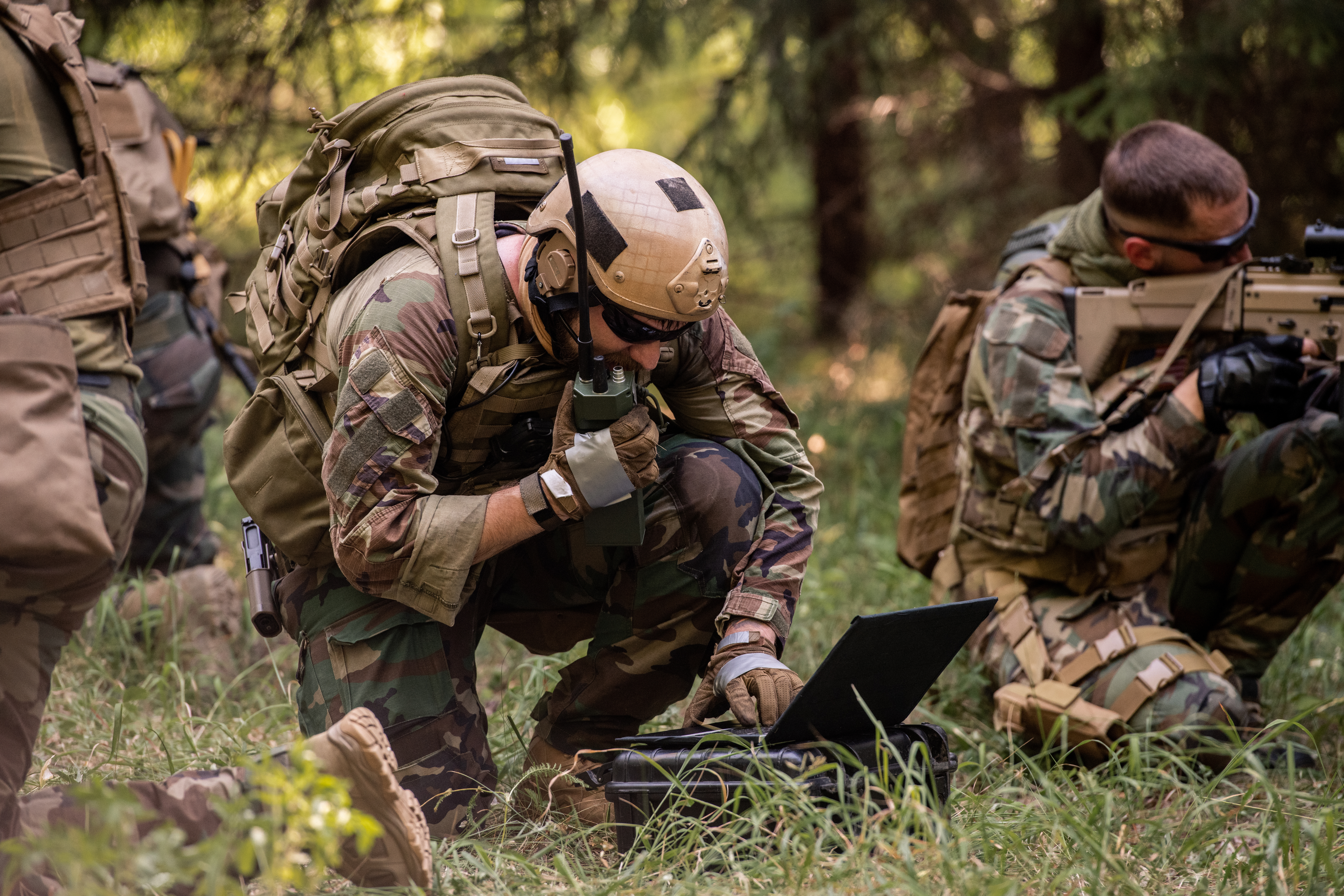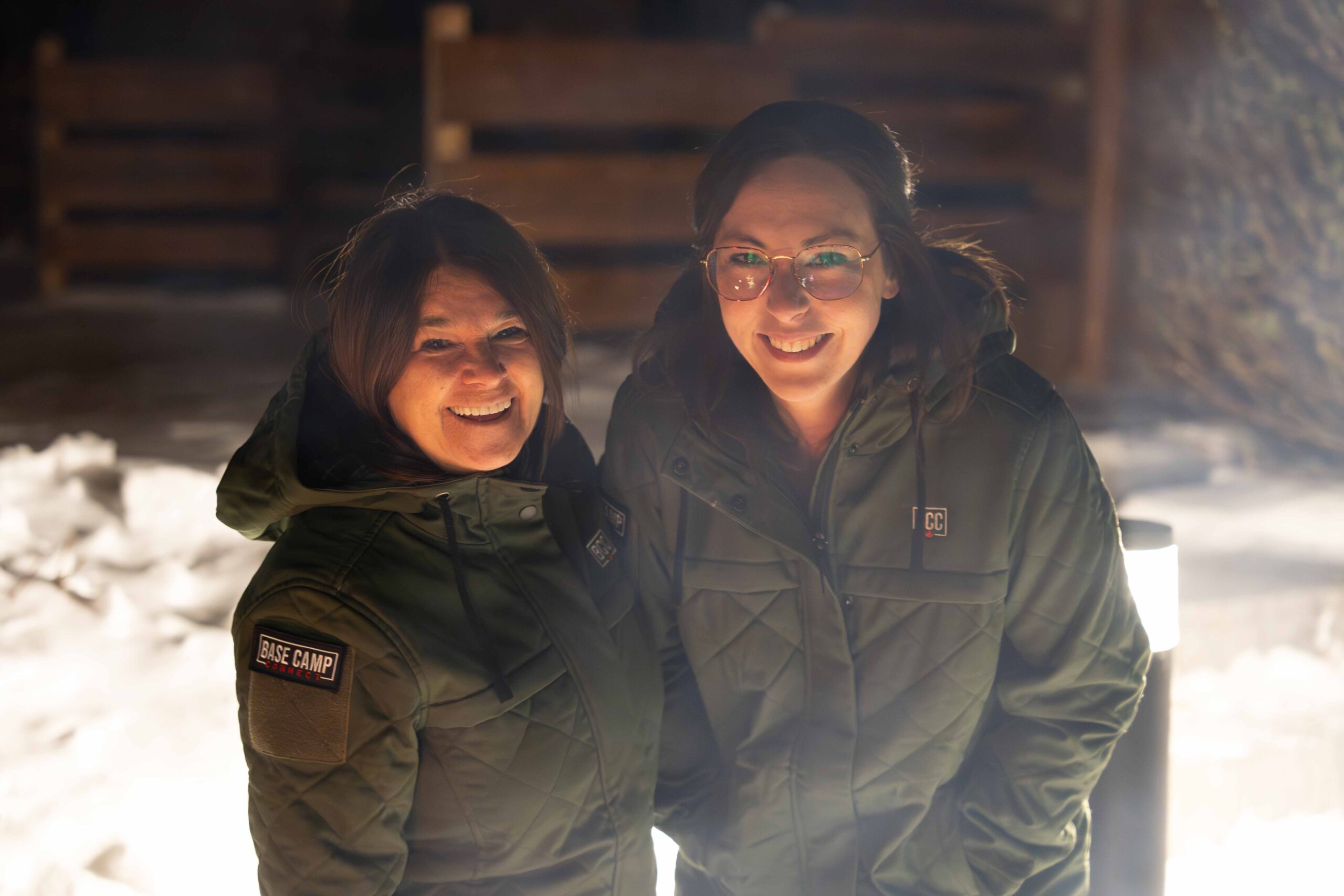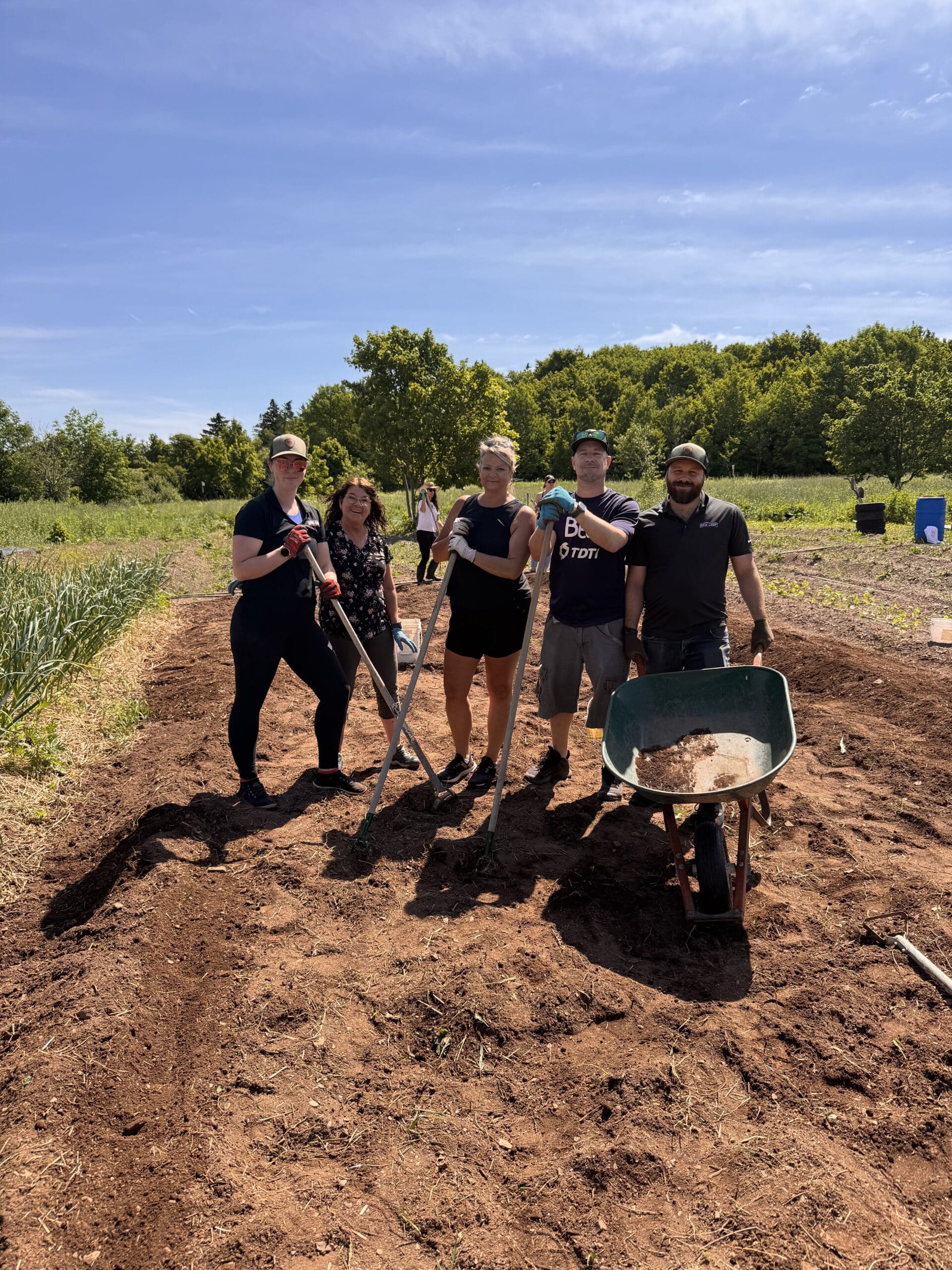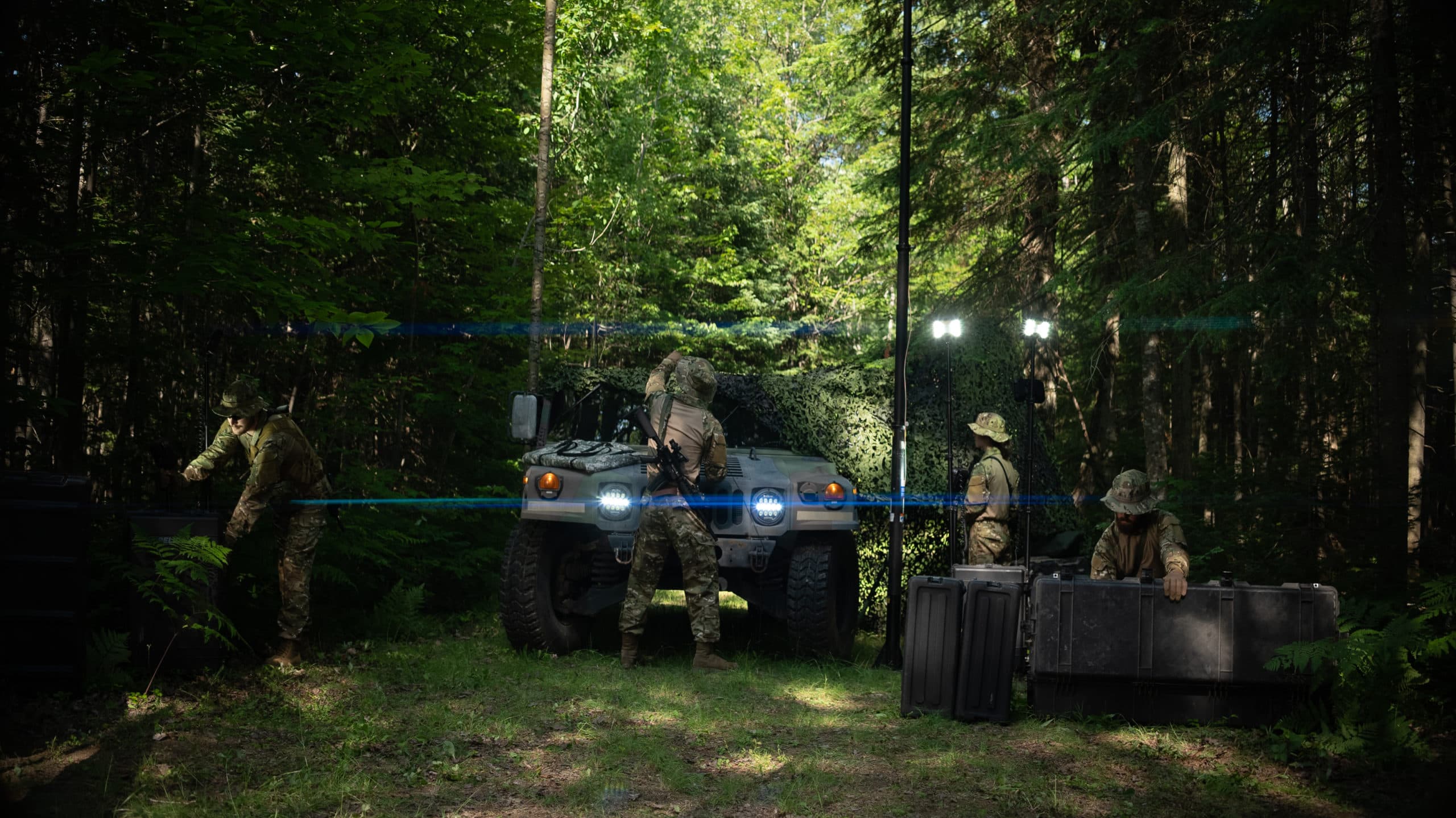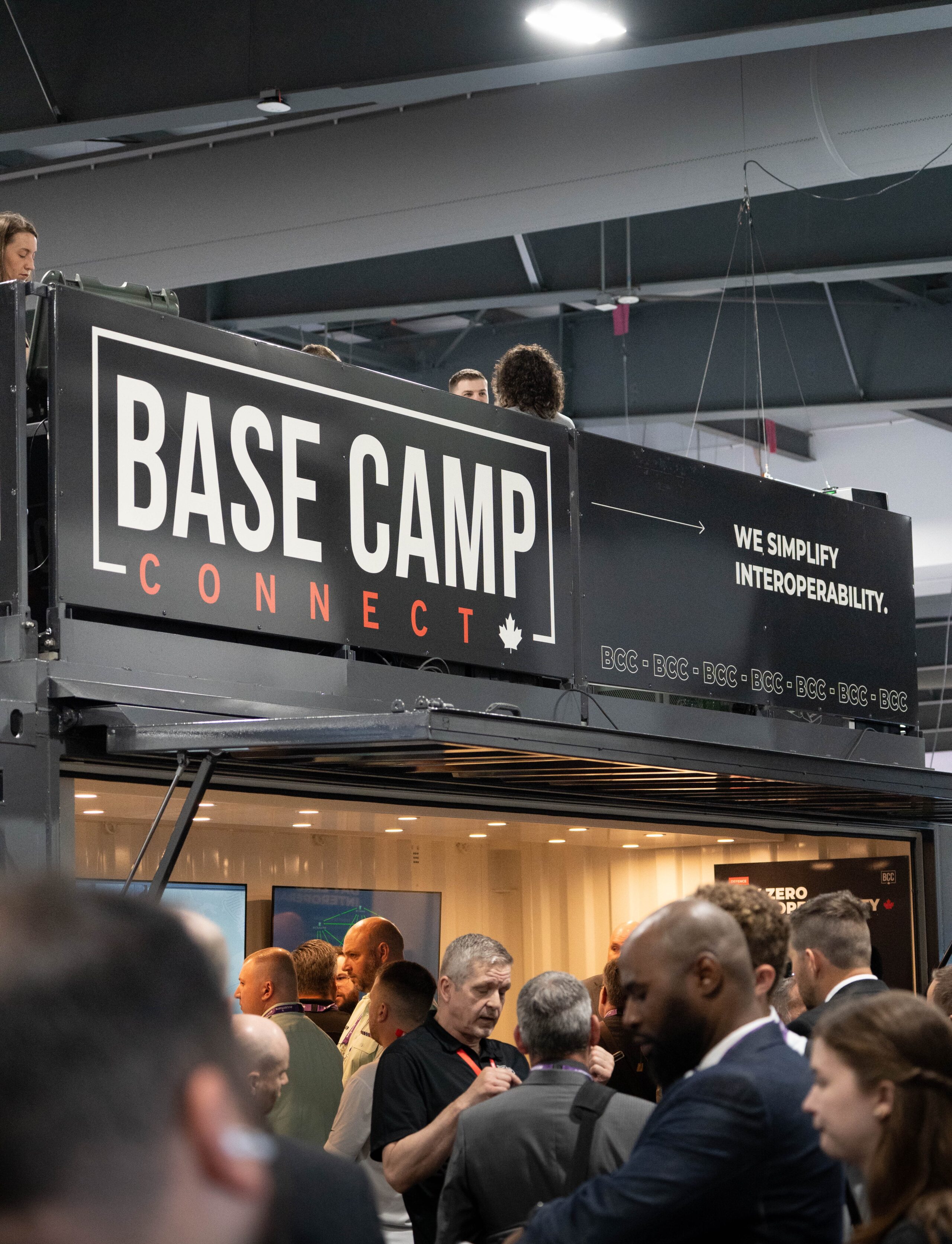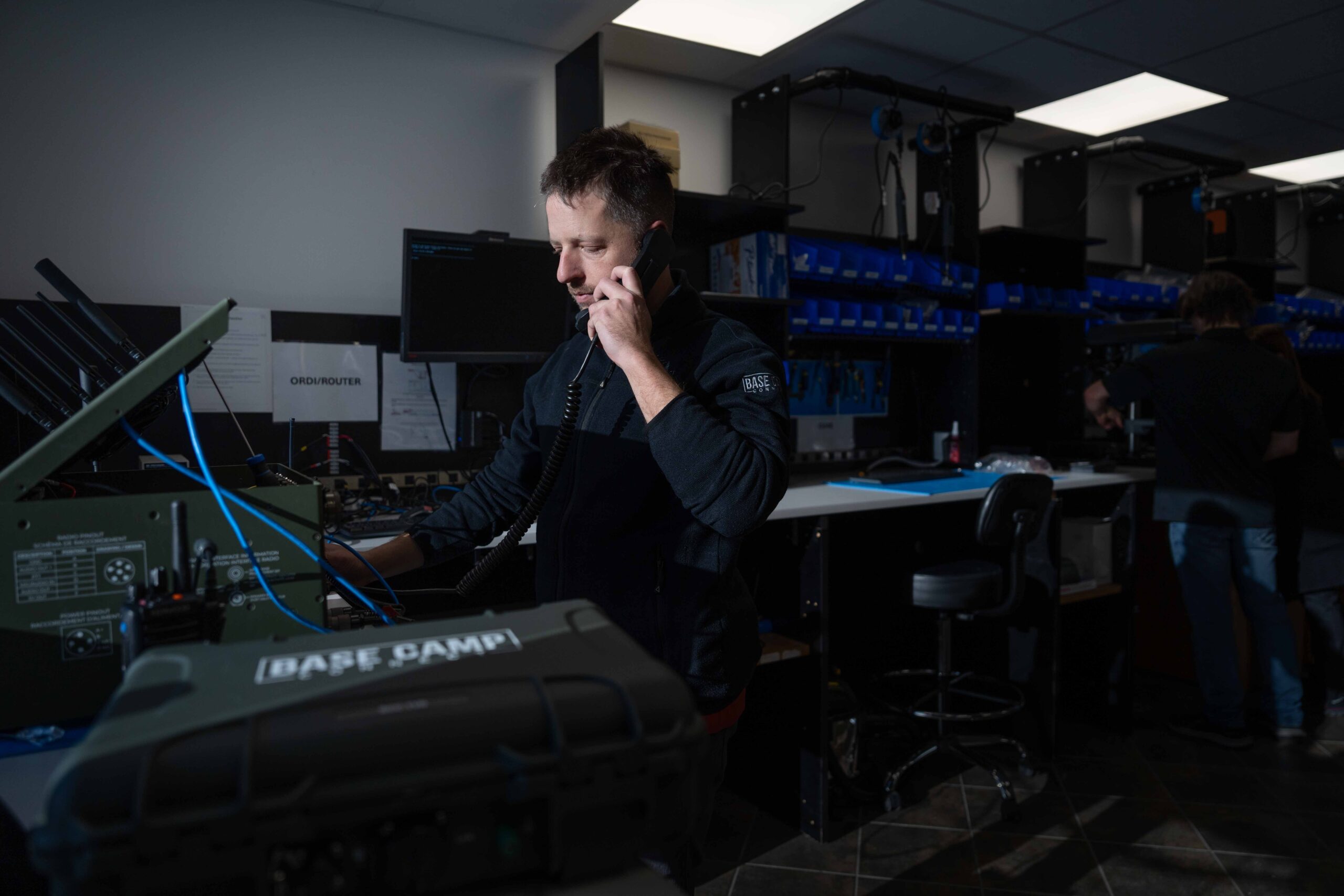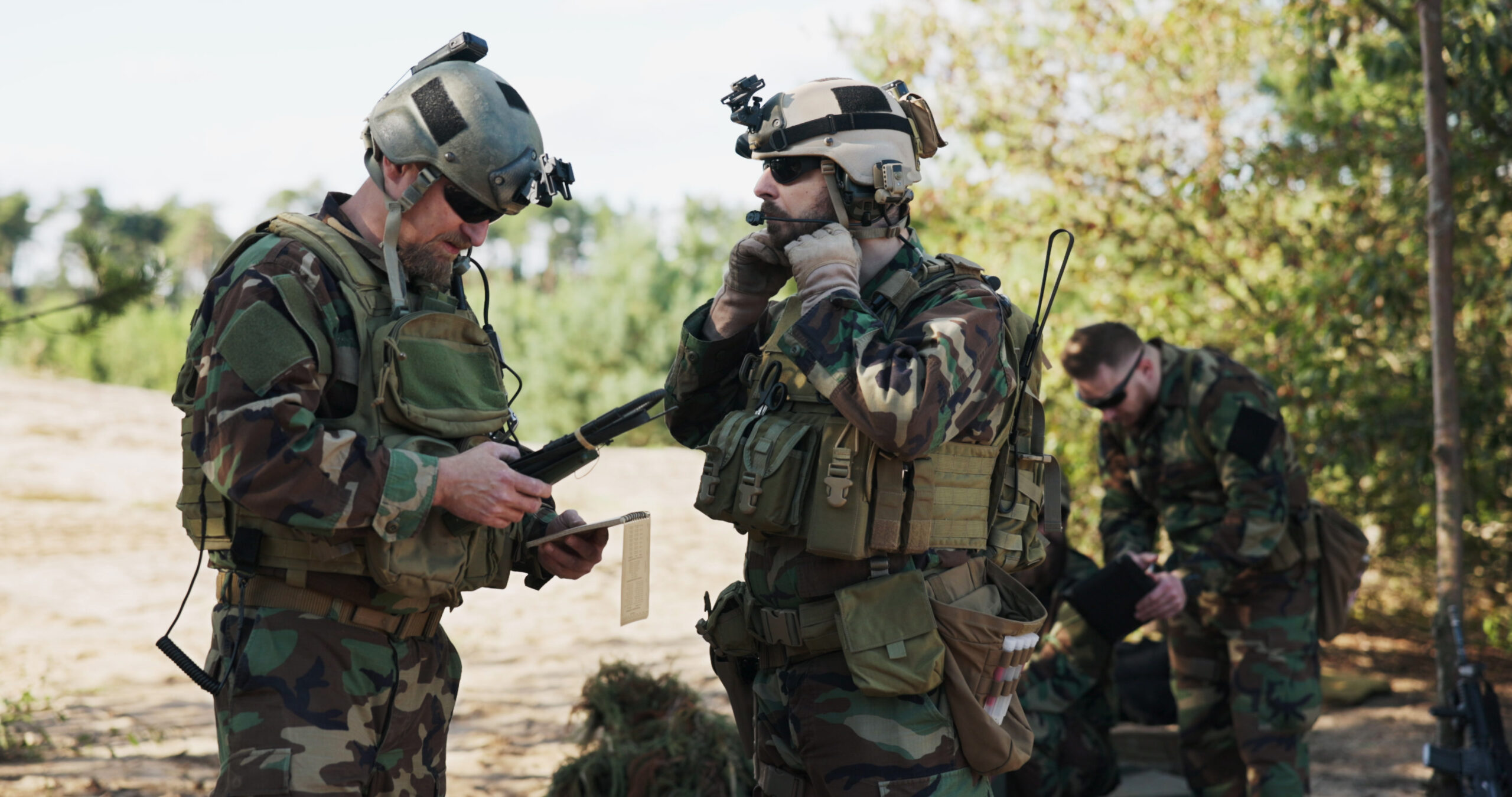When one researches or even thinks of the term “interoperability” in today’s technological age, the default is to that of communications. However, as I indicated in my last blog, those communications are rendered practically moot, if we don’t know how or want to communicate with one another.
This then begs the question, how can we become operationally interoperable? Well, for some of us of the generations akin to dinosaurs, it may be too late. So the concentration should be placed upon the present and future generations of emergency responders and managers. It should be led by those of us who believe in moving forward, despite having spent many years in our professions. We have seen the mistakes made time and again, so now it is time for us to do something about it, for as Sir Winston Churchill once said, “Success consists of going from failure to failure without loss of enthusiasm.” (Churchill Central, 2016).
Many may lament my concentration on response. The argument would be that it is not the only aspect of emergency management that must be examined. You are certainly correct; it is not. However, do consider this; despite all our best efforts in prevention/mitigation and preparedness, emergencies, crises and disasters still and always will happen. When they do, if you do not have adequate response capabilities, then your efforts are compounded exponentially. So, if you want to effectively manage emergencies and disasters, your response thereto is absolutely critical.
So, where do we start? In my opinion, it has to be at the beginning, with those who are currently considering careers in emergency response and management. It will be too late after the levee breaks, the tornado touches down or the wildfire is observed to start to work together. That is when the plans that you have previously put in place must start to gel. So the time to get started, no matter where or who you are, is now. If it hasn’t been done before, then simply do it. Reach out and start by opening the dialogue. Do not fall into the trap of “we’ve never done that before” because, as my wife is fond of saying, if you always do what you’ve always done, you’ll always get what you’ve always got. Change is progress and progress is change.

Traditionally, as operational people, most of us are a measure of the “A” type personality, and we keep our cards close to our chests. We have to learn to open those hands up somewhat, and stop trying to keep that ace up our sleeve. Sure, they work from time-to- time, but more often than not, we never get a chance to play them.
Many community colleges certainly in Ontario and across Canada offer programs in all three-response disciplines: policing, firefighting and paramedical training. While, for many response agencies, these are not pre-requisites for joining, perhaps they should be. However, in order to benefit from that, the post-secondary institutions where these programs are offered must collaborate on adequacy standards not only across the programs themselves, but across the education system spectrum writ large.
While it is perfectly understandable that agencies across individual provinces or the country cannot be carbon copies of one another, there must be a template for basic training. While police officers, paramedics, and firefighters are simply not the same; an elementary and straightforward understanding of how each of us operates must be part of that basic training template. During my Master’s research, every person I interviewed and focus group conducted, regardless of service for which they worked, identified aspects of training or its absence as being vital to the success or failure of interoperability and collaboration. Training with respect to interoperability needs to commence at the earliest possible juncture, identified by many as at the pre-recruit, community college level, where a “mindset would be developed coming in, where ‘we set the bar high and keep it high” (Paramedic interviewee). Currently, the type of training offered at this level, while commensurate with individual agency requirements, does not address the issue of interoperability or collaboration. Indeed, participants specifically identified it as actually contributing to the hindrances associated with interoperability. An interviewee actually described being present during a lecture where a paramedic instructor indicated that anyone who was a volunteer firefighter was simply a “hose monkey” and should be ignored at scenes. The instructor also stated that those taking the Police Foundations training were not really “going to be cops anyway” This sort of instruction is not only blatantly unprofessional, it serves to create the very things interoperability and collaboration must break down: silos, animosity, resentment, and misinformation, to name just a few.
So, there must be a desire to offer a consistent manner of training, that should be a pre-requisite to joining emergency response agencies. I was stunned during part of my research to learn that, unlike police officers in the Province of Ontario, who all must attend the Ontario Police College in Aylmer, firefighters can be trained, from start to finish, by individual agencies, without having attended the Ontario Fire College in Gravenhurst. Paramedics receive their training through Community Colleges, for both basic and advanced paramedical care. This lack of consistency in rudimentary training sows the seeds for the continued bumper crop of siloism.
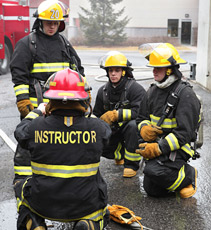
It is obvious that no two jurisdictions, regardless of size or location, can ever be exactly the same. However, across all, no one has found a better solution for basic fires than water (and how to apply it). Nor are there any better/different handcuffs and their application techniques or intubation methods for critically ill or injured patients.
Once we have established basic templates and have a common knowledge of one another’s fundamental procedures, begetting understanding and cooperation amongst us, then we can return to our individual agencies and learn specific operational requirements. However, these should NEVER replace, but rather augment what we have learned in our initial training. That way, when we are all in battle together, we know what each of us can do and cannot do, and we understand our strengths and, more importantly, our weaknesses. In so doing, we support one another, and our common goal of reducing deaths, injuries and property damage.
